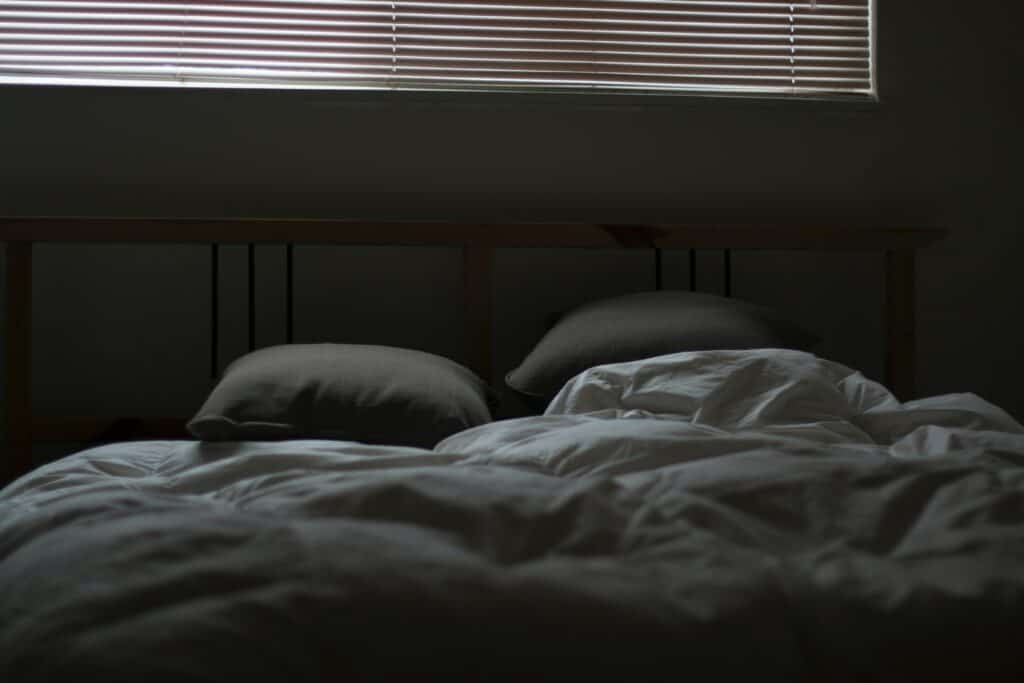Sleep has a huge impact on our lives. The average person sleeps 229,961 hours in their lifetime, equivalent to almost one-third of their life. For those experiencing poverty, this number is estimated to be much smaller. In fact, 33.6% of those below the poverty line reported sleeping less than the recommended seven hours per night. Recently released Center for Disease Control (CDC) data has shown just how much your sleep may be affecting your health and wealth, and the results of this data are especially significant for those who are low income.
The CDC has determined “healthy” sleep to be sleeping at least seven hours per night and no more than slightly over eight hours — the recommended amount for adults — as well as having periods of deep and restful sleep. However, what they found was that people experiencing poverty, as well as people of color, sleep much less and have a worse quality of sleep than their wealthier counterparts.
The sleep gap in America is a cyclical problem. Where you live is an ultimate social determinant of health. Thanks to redlining, gentrification, and other forces that drive financial insecurity, poor people are highly concentrated in areas with poor health outcomes. The common phrase “your zip code is more important than your genetic code” holds true for sleep cycles as well.
Both racial minorities and low-income individuals often reside in communities where many factors play into their lack of sleep and sleep quality. Low-income people are most likely to work more than one job to make ends meet, which directly affects the amount of time they have to sleep. They are also more likely to live in areas with more air, light and noise pollution, and in food deserts, a large contributor to poor diets and food insecurity. They also more commonly live in multi-family units and smaller spaces than those who are wealthier. Those experiencing poverty are also relegated to areas with high levels of toxic stress, adding to the stress from lower-paying jobs, systemic racism and financial insecurity. These social and environmental factors all work hand-in-hand to reduce both the amount as well as the quality of sleep. Additional factors that decrease sleep quality exist as well, such as lower education levels, work commute times and mental health status.
Inadequate sleep can have detrimental as well as eventually fatal effects when persistent throughout a person’s life. The CDC has determined that poor sleep for those in poverty often begins at an extremely young age, in some cases as early as 6 years old, and commonly persists into adulthood. Poor sleep is a precursor for many health issues, such as cardiovascular disease, dementia, obesity and more. One study cited by the CDC found that over half of the disparities in health outcomes between White and Black people can be traced back to differences in sleep.
However, poor sleep cycles are not just a health issue, they are also a wealth issue, and they play into the poverty cycle in a way that is just now being recognized. Improper sleep cycles are a main contributor to poor health outcomes which affect people’s work-life stability and productivity in the workplace. Both factors disrupt a person’s ability to generate income and advance their career. The ability to earn and generate income is one of the key ways to reduce poverty, establish financial security and an enhanced quality of life. When the ability to earn is taken away or reduced, it also takes away a person’s ability to escape poverty.
For this reason, sleep deprivation for those in poverty is working in a vicious cycle to keep the poor, poor. It works like this: you are in poverty, and you sleep less than you should. This lack of sleep causes a plethora of health issues, which inhibit your ability to generate income and be a productive worker. This reduces your earning ability and keeps you from getting above the poverty line. The cycle continues year after year, and then eventually turns over to the next generation.
There is some good news, however: sleep issues are modifiable. Work on behalf of municipal, state and federal governments can correct sleep inequities through zoning laws, building codes and labor laws. Many scientists who are working to address the sleep gap are hoping that in the future, sleep can be seen at the population level, rather than individual.
As with many other issues which cause financial and health disparities for those who are low-income, the sleep gap is cyclical, and until it is solved it will continue to wreak havoc on the wellbeing of financially disadvantaged minorities and communities.
Emily Orminski is a NCRC special initiatives summer intern.
Photo by Quin Stevenson on Unsplash



